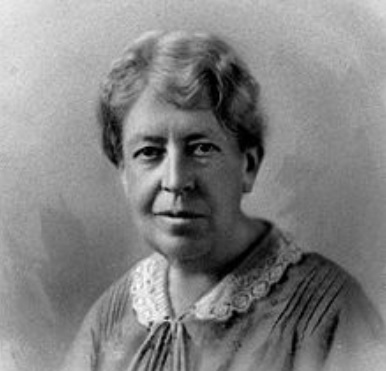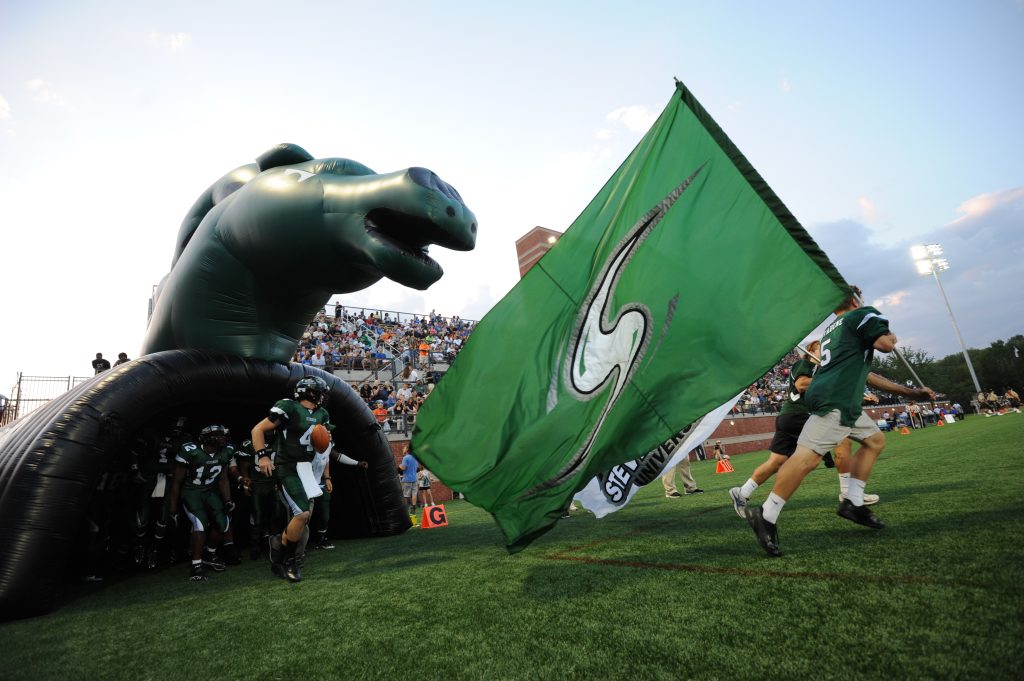
Throughout the world, International Women’s Day is celebrated on March 8. It is a special day to “highlight women’s achievement, raise awareness against bias, and take action for equality” (International Women’s Day, 2020). The history dated back to March 8, 1908 when 15,000 female garment workers marched through New York City’s Lower East Side and rallied at Union Square, demanding economic and political rights (Crouch, 2020).
We would like to take this opportunity to celebrate International Women’s Day by highlighting three influential female psychologists.
Mary Whiton Calkins (Photo credit: APA)
Calkins was the 14th President of the American Psychological Association (APA). Importantly, she was the first woman to serve as President for APA. As a student of William James, Calkins earned her PhD, but was refused by Harvard University to grant her degree because of her gender. That said, Calkins became a key figure of the first-generation American psychologists and established the first psychological lab at Wellesley College. She was celebrated as one of the 50 most eminent psychologists in 1903.
Anna Freud (Photo credit: Wikipedia)
Anna Freud, the daughter of Sigmund Freud, was one of the founders of child psychoanalysis (the other founder was Melanie Klein). She was the author of several important books, such as An Introduction to the Technique of Child Analysis (1927), The Ego and the Mechanisms of Defense (1936), and Normality and Pathology in Childhood (1965).
Mamie Phipps Clark (Photo credit: Women You Should Know)
An African American woman during the time of racial segregation in America, Clark was a pioneer in understanding the interplay among race, self-esteem, and child development. Her work with Black Arkansas preschool children examined the relationship between children’s race attitudes and their racial self-identification. Her findings were pivotal in the Brown vs Board of Education Supreme Court legal case in 1954, which ruled that U.S. state laws that established racial segregation in public schools were unconstitutional.
By: Nya Medley





